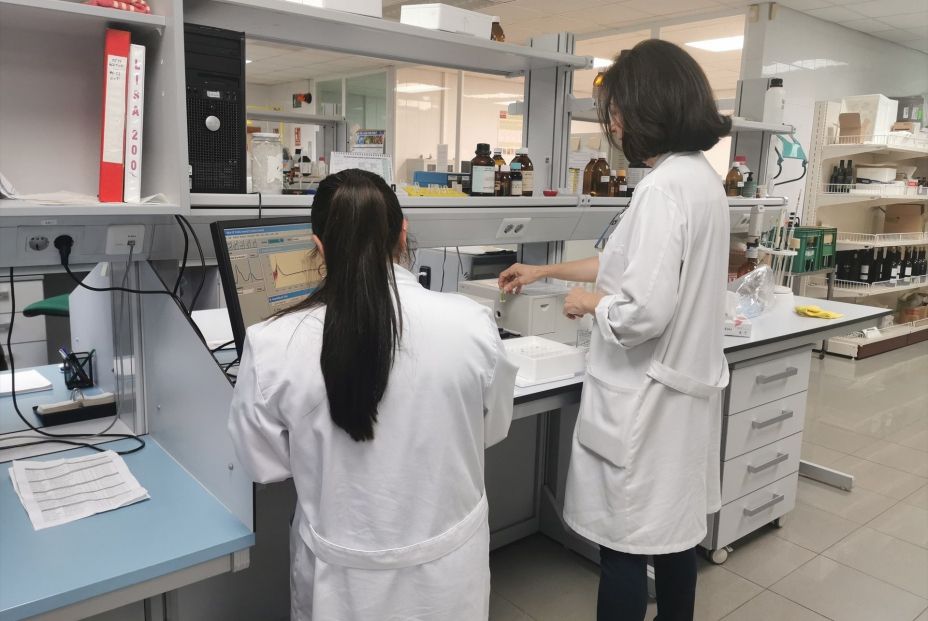76% of the population want to find a cure for cancer

91% of the population interested in science and innovation in health care; 53% say their interest in these disciplines has decreased. has increased in recent yearsAccording to a survey, 76% of the population want the next big thing in science to be a cure for cancer. Social perception of science and innovation in healthcareconducted by the Pfizer Foundation as part of its 25 years.
Caring for Cancer Treatment far ahead of other great challengeshow to find treatment stop dementia (47%), a cure for Amyotrophic lateral sclerosis (ALS) (39%) and multiple sclerosis (EM) (29%).
“This year, as the Pfizer Foundation celebrates its 25th anniversary, we wanted to stop and observe what does the population think science and innovation, how do you assess the scientific and technological achievements of the last 25 years? What do you expect from now on in another 25 years?“says the President of the Pfizer Foundation, Sergio Rodriguez.
“It’s good to see this 9 out of 10 people sought advice interested in science and innovation in health care; which motivates us to continue to develop activities to promote science, technology and innovation, and promote their approach to society,” he adds.
On the other hand, for 54% of Spaniards, vaccines are a scientific innovation. the most relevant in history. Second place with 50% is shared by antibiotics and organ transplantation. discovery of anesthesia (32%) and DNA (31%). Looking at the last 25 years, more than half of Spaniards (53%) believe that the most important innovations in health care were cancer cell immunotherapywhich uses cells from our immune system to fight cancer.
On the other hand, robotic surgery is considered the most relevant technological innovation of the last quarter century (61%), ahead of 3D tissue printing (51%), blood monitoring health at a distance (37%) and application artificial intelligence for health (31%).
How technology is driving science and improving our health

“The work of the Foundation is also to convey and make clear to society how technology advances science and improves our health. Technologies that appeared recently are now completely integrated into multiple workflows. And this evolution is constant. Today, artificial intelligence is reducing research and development time in medicine and making progress much faster,” says Sergio Rodriguez.
The survey also shows that 91% of Spaniards are interested in aspects related to science and health innovationinterest that has increased in recent years in 53% Spanish. The proof of this is that 45% actively seek or consume information about science and innovation often, at least once a week, and almost 7 out of 10 do this At least once a month. Three in four obtain information through Internet search engines and are primarily looking for general information about health habits (65%) and information about specific diseases or health problems (54%).
Likewise, almost 92% of respondents associate science and innovation with advances in healthrelationships that “only” more than 62%. On the other hand, the Covid-19 pandemic has led to improving social perception of the value of science. After the health crisis, 6 in 10 Spaniards value more the importance of scientific research and innovation, as well as their contribution to society.
Government research centers are organizations perceived as most relevant in scientific research and innovation in Spain – by 65%, followed by universities (57%), public hospitals (45%) and private companies (41%). Regarding the specific benefits that science and innovation bring to society, 73% believe that they contribute to improve people’s quality of life, and nearly two-thirds believe they help save lives and prevent disease. However, 71% of respondents believe that scientists and researchers of healthcare solutions and technologies do not have sufficient public recognition.
